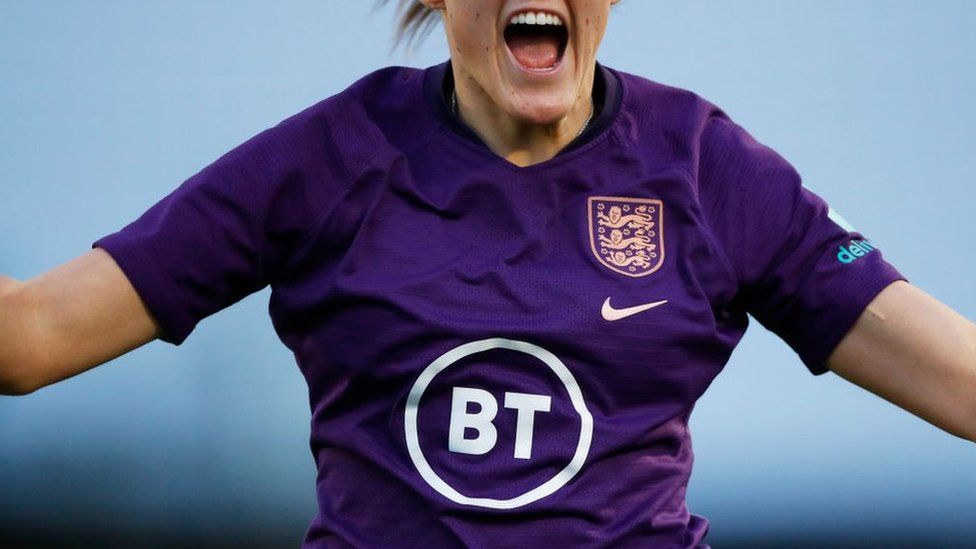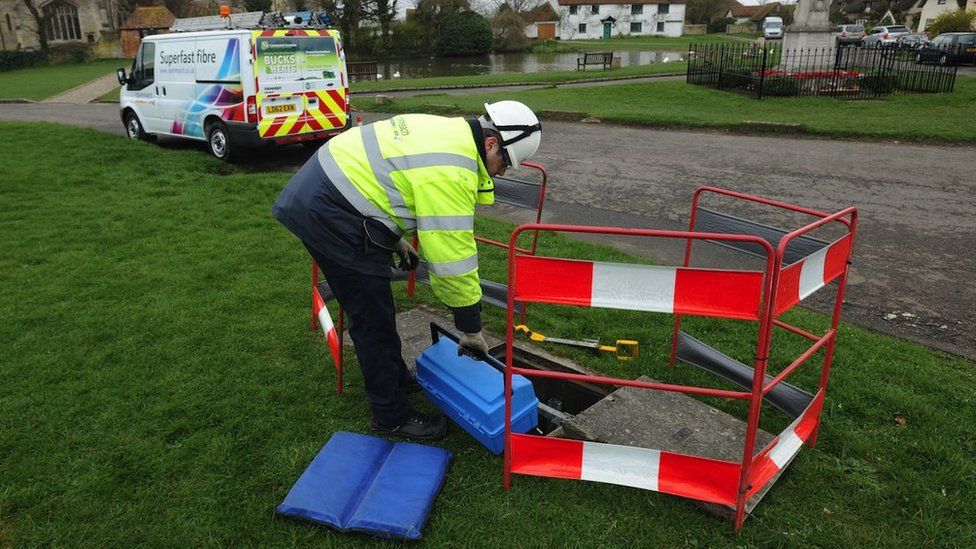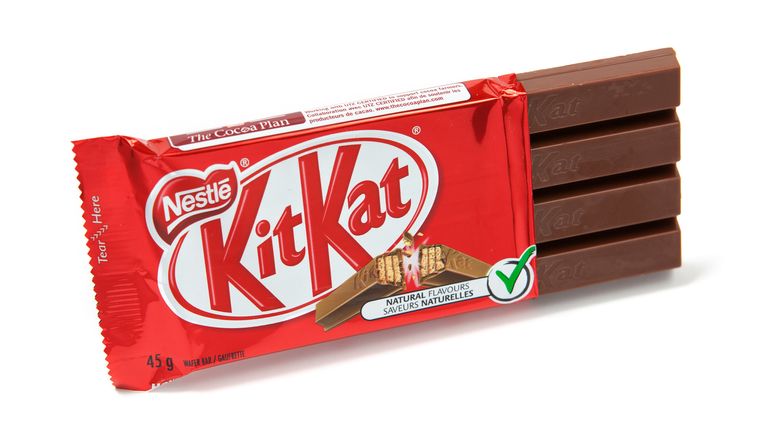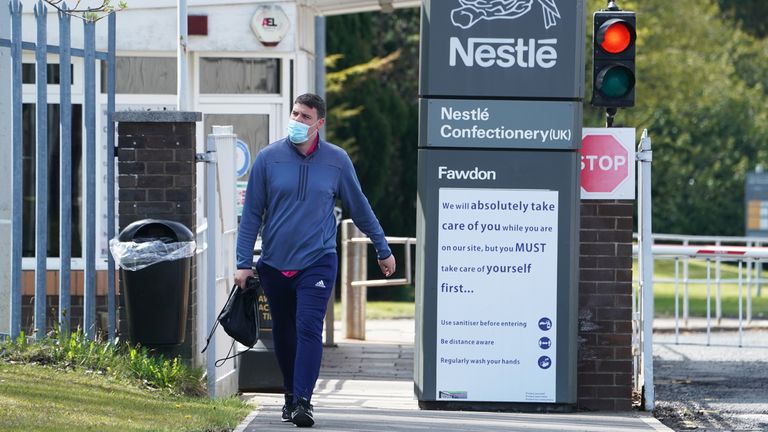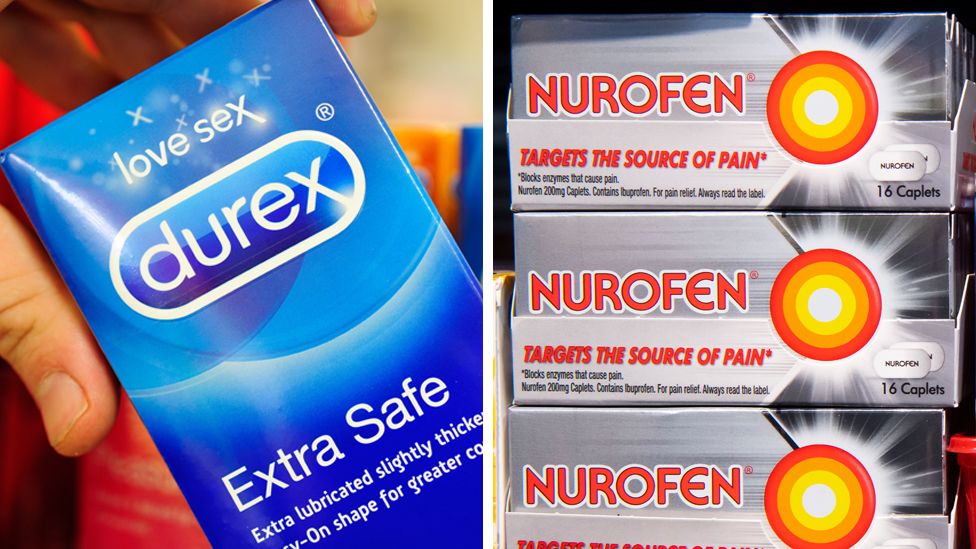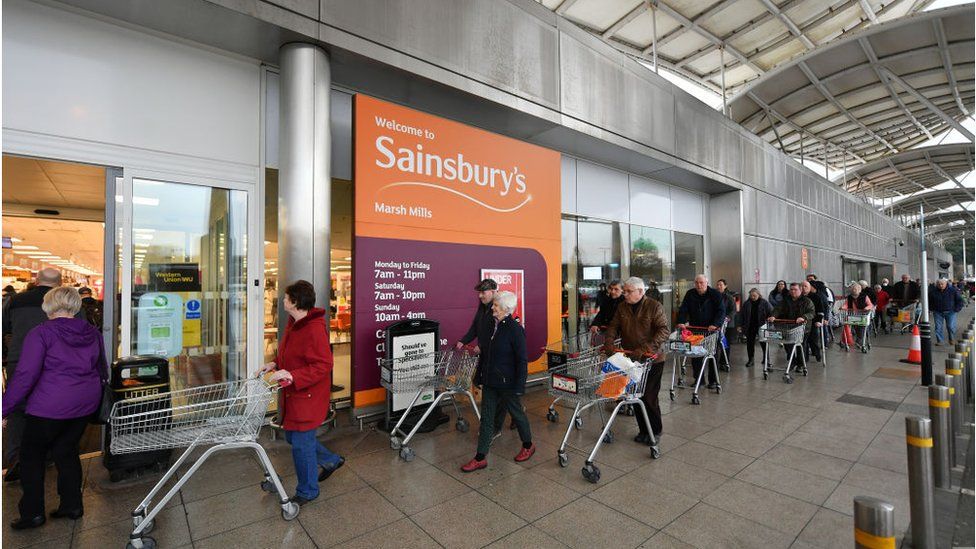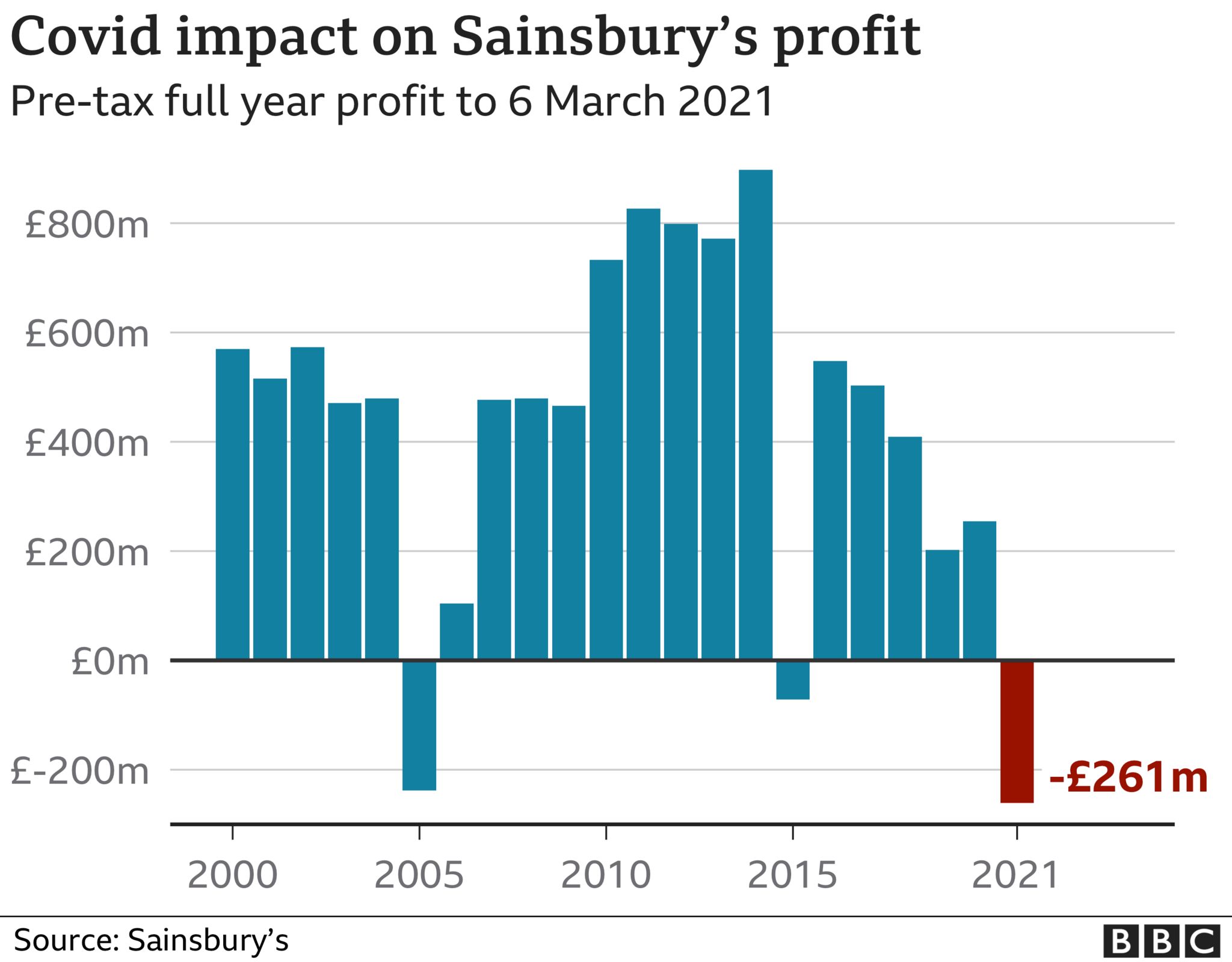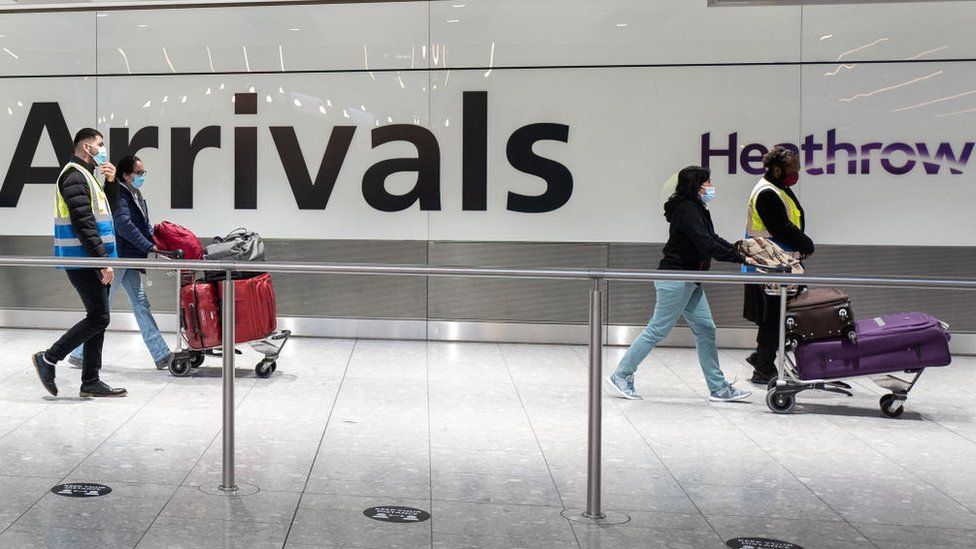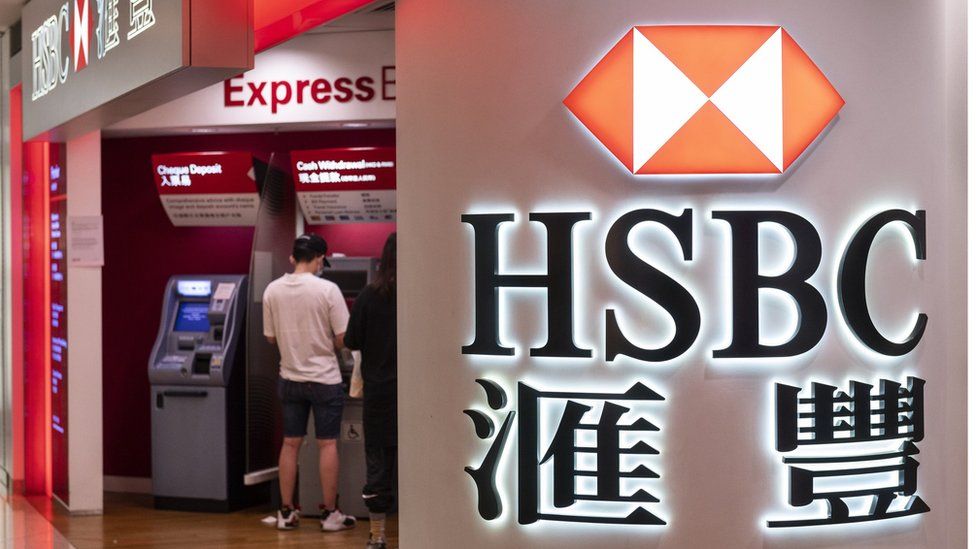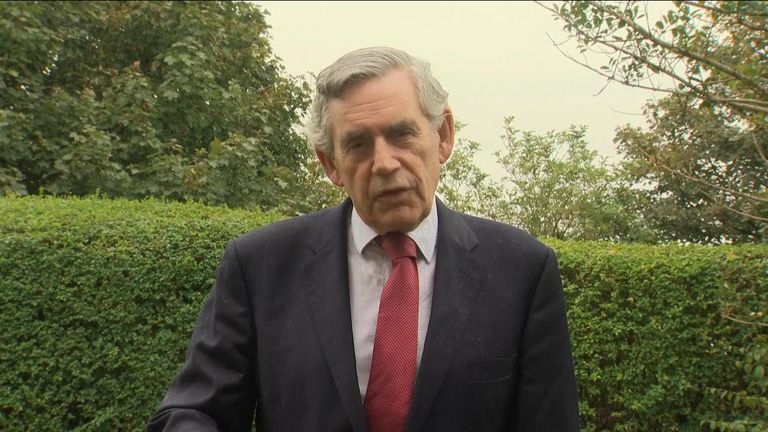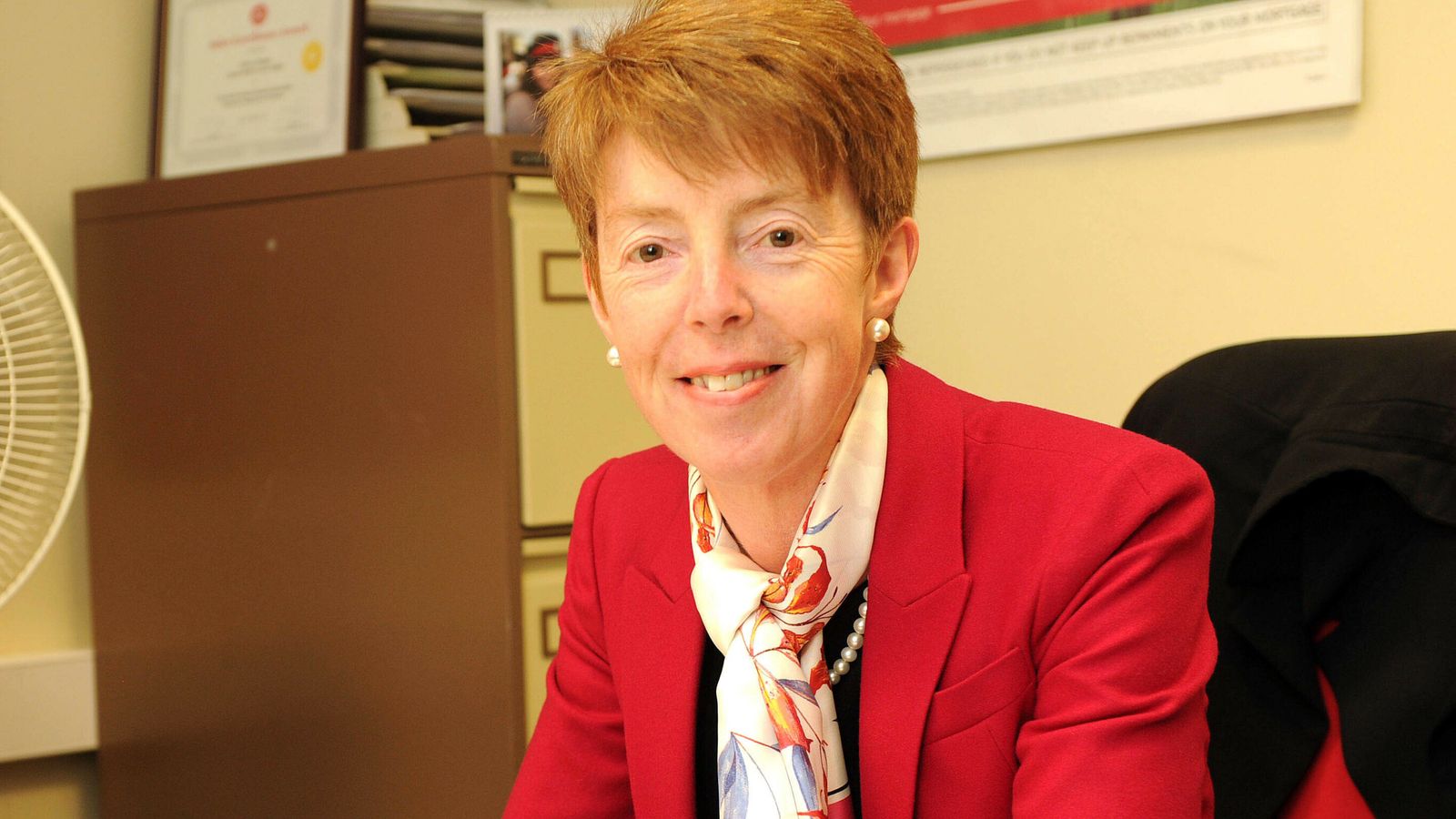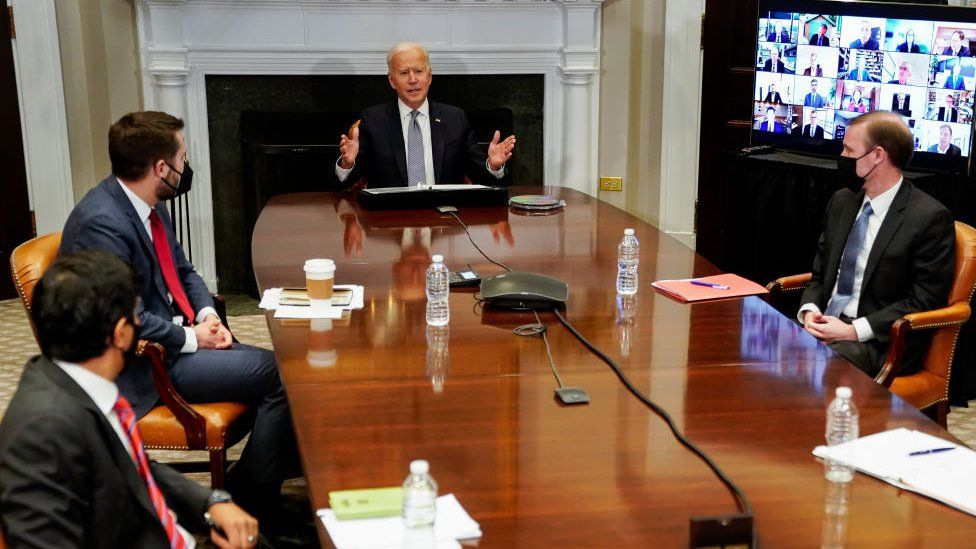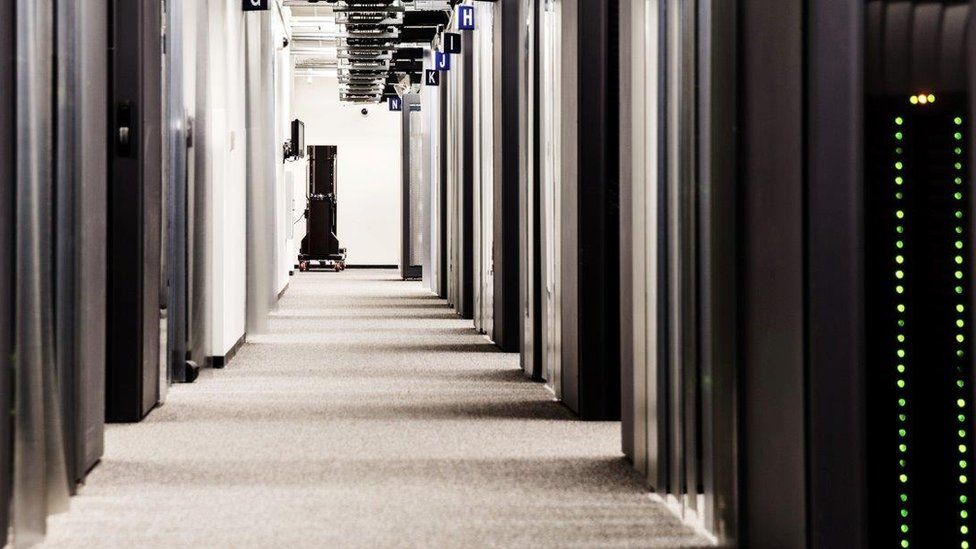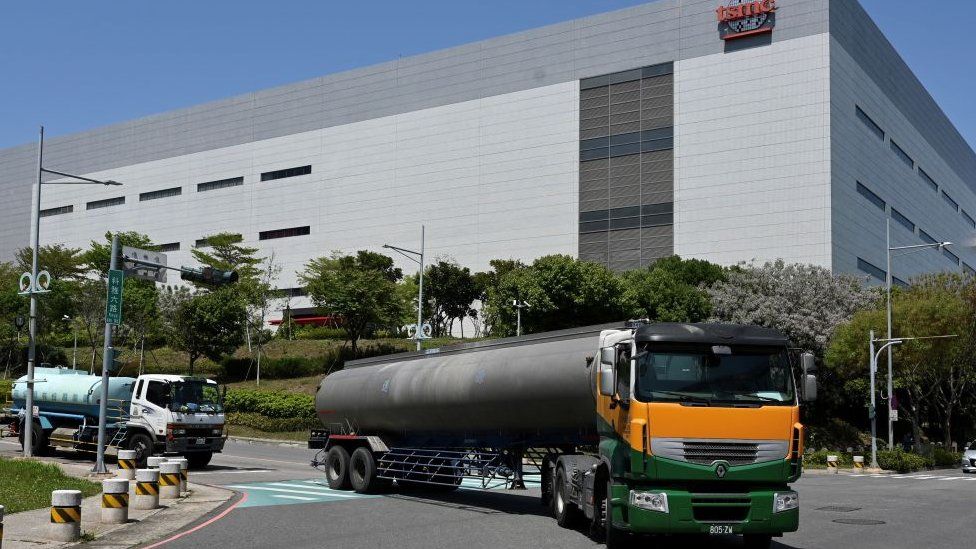The eurozone slid into a double-dip recession in the first three months of this year as output dropped under the weight of lockdown measures to contain a resurgence in coronavirus infections, leaving the bloc lagging behind other major economies.
The 0.6 per cent quarter-on-quarter decline in gross domestic product followed a contraction of 0.7 per cent in the final three months of 2020, plunging the single-currency zone into a technical recession — defined as two consecutive quarters of negative growth.
By contrast, on Thursday the US reported first-quarter growth of 1.6 per cent from the previous three months, and two weeks ago China announced a 0.6 per cent expansion.
Much of Europe was subjected to varying levels of lockdown in the first three months of this year, shutting shops and limiting travel to contain a third wave of Covid-19 infections.

Germany was Europe’s worst-hit major economy, logging a quarterly contraction of 1.7 per cent as falling household consumption offset higher manufacturing exports. Spain’s GDP contracted 0.5 per cent due to declines in household consumption and manufacturing while Italy’s output fell 0.4 per cent, dragged down by lower services sector activity. Portugal’s economy shrank 3.3 per cent after a rampant Covid-19 outbreak.
But the French economy outshone economists’ expectations by growing 0.4 per cent, boosted by strong growth in construction and a slight rebound in household consumption.
Eurostat said GDP fell 0.4 per cent in the wider EU; Sweden, Austria and Belgium reported better than expected growth. Most economists expect a quarterly contraction in UK output when its figures are released next month.
Carsten Brzeski, head of macro research at ING, said Germany’s “major setback” in the first quarter had turned it from a “positive growth driver” to a “drag factor”. But he added that a “strong rebound is on the cards”.
Countries including Germany and France recently tightened containment measures again in response to rising coronavirus infections and hospitalisations, but the accelerating pace of vaccinations and signs that infections may have peaked are fuelling economists’ hopes of a return to growth in the second quarter.

Consumers are expected to unleash a wave of pent-up spending once countries ease containment measures. Economists at Allianz predict consumers in the bloc will use some of their excess savings to spend an extra €170bn this year, equal to 1.5 per cent of GDP.
“The economy in the first quarter proved to be less elastic to restrictions compared to last spring and could operate at almost normal levels,” said Maddalena Martini, economist at Oxford Economics. “We see activity rebounding steadily this year, in parallel with a strong pick-up in vaccine rollouts and the gradual relaxation of restrictions.”
The European Central Bank forecasts that the eurozone economy will grow 4 per cent over the course of this year and return to its pre-pandemic level in 2022 with growth of a further 4.1 per cent.
“We do see a good recovery throughout the rest of this year, so that is very much, if you like, a two-sided story,” Philip Lane, ECB chief economist, told Dagens Industri TV on Thursday. “Looking backwards, the initial weeks have been very tough for many firms . . . and the fact we’re rebounding from the worst of it does not mean there’s a full recovery.”
Separate figures also published on Friday showed that eurozone inflation continued to rise, from 1.3 per cent in March to 1.6 per cent in April.
The rebound in price growth, which had turned negative in the final months of last year, moved inflation closer to the ECB’s target of just under 2 per cent, although most economists expect this increase will only be short term. Core inflation, excluding more volatile food and energy prices, fell from 0.9 to 0.8 per cent.
Unemployment across the bloc dipped to 8.1 per cent in March, down from 8.2 per cent the previous month and up from just over 7 per cent before the pandemic hit. However, the jobless figures exclude millions more people who have either stopped looking for work or are on government-subsidised furlough schemes.
https://news.google.com/__i/rss/rd/articles/CBMiP2h0dHBzOi8vd3d3LmZ0LmNvbS9jb250ZW50L2U3MTUyZjcyLTI0OTQtNDNmYS04NmZhLTRhODIzNmE0ZGIxMtIBAA?oc=5
2021-04-30 10:19:48Z
52781557099566

